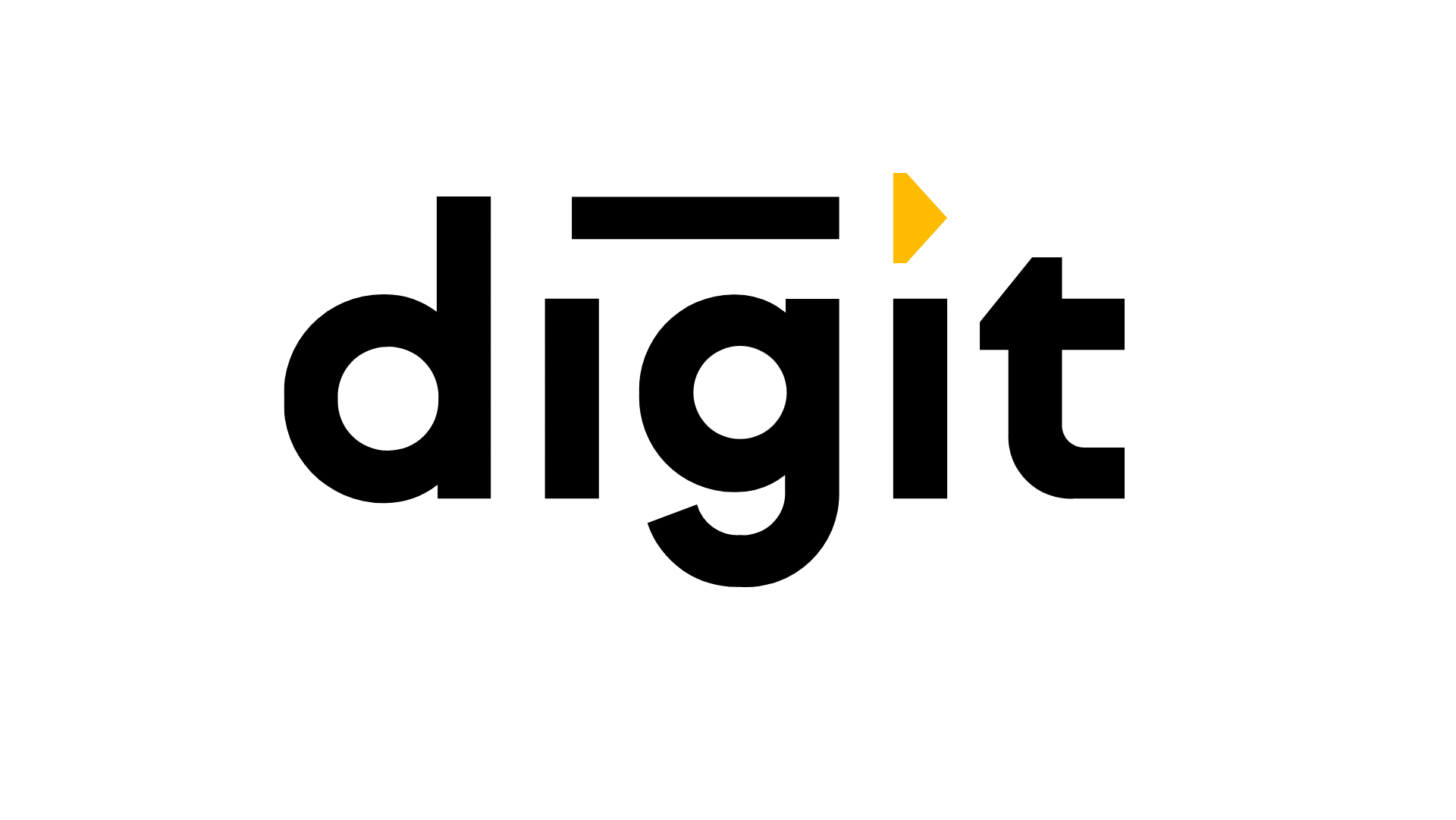The perceptible fact that the not-so-recent pandemic, being the core reason behind the diminution and downfall of business concerns across the country is self-explanatory.
Reaffirming the popular quote ‘Every challenge is an opportunity’, a number of such firms battled even the most tenacious odds to establish and recapture their markets.
Their sheer will, adopted strategies and their successful execution, flexibility and market research is breathing new life into the sick industries.
We are here to fix our gaze at some of the start-ups that cracked the golden value of $1 billion in the most depressing times of the year.

Meesho – The Indian e-commerce startup remains to be one of the most surprising but promising entries to the unicorn club of 2021.
This 6 year old startup was pitched by Aatrey and Sanjay Barnwal, two graduates from IIT- Delhi.
Meesho was tremendously successful in serving the resellers, both individual parties and the SMBs by providing them with an admirable online platform, suiting their needs and surpassing their expectations.
Moreover, with a huge potential and an excellent armoury, Meesho is expected to make a quadruple growth in the first half of the decade.

A successful merger between API holdings and PharmEasy during the late 2020s made the six year old startup, the first e-pharmacy companies to become a unicorn.
Right from the middle phase of the last decade, the budding e-pharmacy start-ups were able to exert their influence in the market and with the advent of the pandemic, their demand and the perception towards them witnessed a significant hike.
This resulted in PharmEasy raising $323 million from a Series E funding, fuelling up its potential to flourish and to meet this uneven growth in demand.

Amongst all the existing Indian e-trading platforms, Groww stood out by prioritising the necessity of financial education among the middle classes and the Indian population from suburbs.
The uniqueness in its offering and exceptional influence it possessed in the markets served as some of the prime reasons behind this five year old startup, qualifying as a unicorn.
With the inception of Groww, its founders – Lalit Keshre, Harsh Jain, Ishan Bansal, and Neeraj Singh brought out the rural and suburban market into picture, which constitutes around 60% of Groww’s client base.
With more plans and strategies up their sleeves, multiple funding stages and the recent unicorn accomplishment Groww tends to grow further in terms of geographical and product expansions.

Urban Company, formerly known as Urban Clap is in the search of a most needed resurgence from the losses of the past.
Nothing short of a profitable run would be the priority of the firm, as they raised $188 million in a Series F funding stage, marching towards the unicorn club of 2021.
This global brand of Indian origin majorly deals with providing different kinds of services to the households, by employing its extensive range of experts.
An unfortunate loss of nearly Rs.137 crores, has led the company to major rebranding decisions, followed by the formation of Urban Company and its functioning divisions.
Also Read:IIT Bombay organizes virtual E-Summit’21 for all the startup enthusiasts in the country

The contemporary pandemic era has dominantly influenced the awareness towards public health and its associated sectors, in which insurance didn’t turn out to be an exception.
The mere fear of the incomprehensibly spreading virus has caused an abrupt growth in the demand for the Insurance policies, predominantly health and life insurance ones.
These factors made enough contributions towards the tech based insurance startup of Digit Insurance to spread its wings further and make its way towards the unicorn club of 2021.
The variance and diversification in its product offering, backed up by a strong technical base can be considered as its biggest advantage, which appears handier in the foreseeable future.

One of the first social media platform of an Indian origin to enter the unicorn club, ShareChat has been evidently successful in making them popular among the regional content lovers.
There has always been a lack of a centralised but regional social media platform in the market and ShareChat has been quite wonderful in sealing the market gap with their offering.
The makers primarily targeted the suburbs and the rural areas, whose interactions and engagement with other social media cum entertainment applications and platforms were limited.
When TikTok was banned in India, it gave rise to a number of similar, domestic platforms including Moj Video, which was an extensional offering of the ShareChat itself.
Even the pandemic has contributed to the growth of ShareChat as the users were suggested to stay within their homes, giving birth to new sources of entertainment.

How likely is it for a technical based financing firm to make a giant leap to an unbelievable popularity from nothing within a year of time? CRED, primarily targets the credit card users and provides them with a number of incentives for paying their credit card bill via the CRED application.
Even though there are a number of fintech firms in the market, the priority towards the credit card bills and nearly making it their only purpose of existence gave the firm the most essential differential competitive advantage.
The current value of CRED amounted to $2.2 billion is a value with a visible stark contrast from its previous year’s operating revenue of $76,000.
The success of CRED has paved the pathway for a number of budding start-ups of similar kind, focusing on individual customers.
As of now, CRED enjoys a vast customer base of more than 6 million credit card users.
The skills of an entrepreneur when blended with the right amount of resources, right people and most importantly, the right idea can simply perform wonders and miracles.
Other than the above mentioned companies, firms like ChargerBee, GupShup, Infra.market, Innovaccer, Moglix, and Zeta are some of the other members of the Unicorn programme.
The attempts for the revival and regeneration of the economy and its sick industries is wholly based on the performance of the start-ups, especially in the post pandemic era.
Further Reading:




